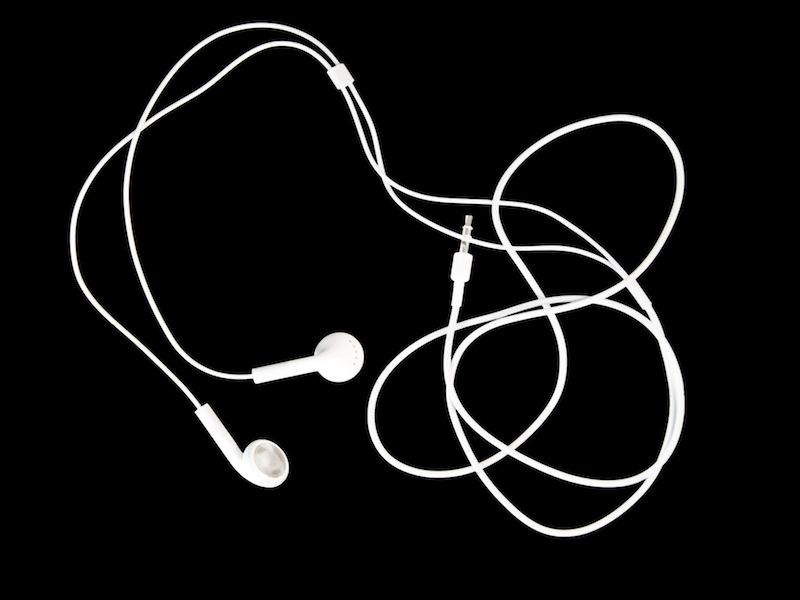
It’s not necessary to feel like your by yourself if you haven’t had a hearing examination since you were a youngster. It isn’t commonly part of a routine adult physical and unfortunately, we often treat hearing reactively rather than proactively. As a matter of fact, even when they recognize they have loss of hearing, most people disregard it for as many as seven years which can seriously affect your health. As a matter of fact, untreated loss of hearing has been shown to raise your healthcare costs over the years.
The good news, In order for our hearing professionals to assist you, we recommend a hearing test which is easy, painless and provides a wide range of important information. Both to learn if interventions such as hearing aids are helping you and also for diagnosing potential hearing issues. A full audiometry test is more involved than what you may remember from childhood and you won’t get a lollipop or a sticker when it’s done but you’ll gain a much clearer understanding of your hearing.
While you may not give the state of hearing as much attention as you do the health of your eyes or your teeth, it is important that you routinely get your hearing examined. It can be a long time before you recognize that there is an issue with your hearing. Because loss of hearing usually happens slowly over time it’s not easy to notice it at first, but the sooner you do, the more likely you will be able to effectively treat it.
How do You Know When You Should be Examined?
Normally the hospital will screen infants for hearing loss before they send them home. The American Academy of Pediatrics recommends that children have formal hearing exams when they are 4, 5, 6, 8 and 10 years old and that teenagers should have hearing tests during wellness visits with their doctors.
It’s suggested that if you are in between the ages of 18 and 49, you have your hearing tested every five years and then, as you age, more often. After you turn 60 you need to be tested every two years and if you are in between 46 and 60 every three. But don’t let that to stop you. Your individual situation will determine when you should be a test. If you notice your hearing isn’t as good as it used to be, you should have it checked immediately. Neglected loss of hearing has been connected to cognitive decline, depression and a greater risk of falls and other health concerns. It can also impact your relationships and your ability to work efficiently.
And you need to get a hearing exam, in some situations, as soon as possible if you have hearing loss that is getting quickly worse. The following scenarios suggest that you need to get a hearing test right away:
- Your ears have constant ringing in them
- Pinpointing where sounds are coming from is difficult
- You are unable to hear conversations, particularly when in crowded areas
- You are experiencing vertigo
- Your ear was infected, or there was a buildup of earwax
- Asking people to repeat themselves is something you have to do constantly
Another consideration is whether you are at a higher risk for hearing loss. You should have your hearing screened more frequently, for example, if you are subjected to loud noise or if loss of hearing runs in your family.
Also, over 200 ototoxic medications exist. These medications can be quite harmful for your hearing and they range from certain antibiotics to aspirin. Consult your doctor to make sure any medicines you are taking aren’t affecting your hearing. If you need to take a medication that you know is ototoxic, consider getting more frequent hearing testing so you can address any hearing loss right away.
Also, think about your habits and whether they might contribute to hearing loss. Frequently using your earbuds? There’s been a noticeable rise in younger people who have hearing loss, which many experts attribute to the increased use of earbuds and other headsets. Your ears can also be significantly damaged by machinery, shows, or loud concerts. If you think that it’s time for you to get your hearing tested, schedule an appointment today.
